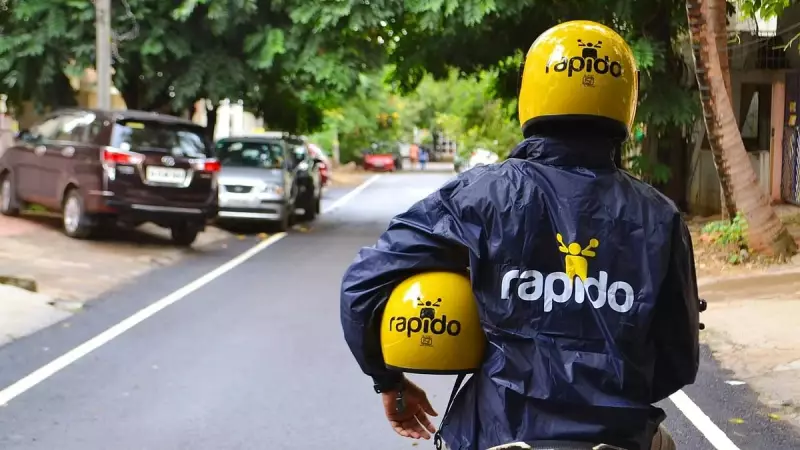
In a shocking incident that has exposed vulnerabilities in ride-hailing services, a Bengaluru woman became the victim of an elaborate scam where a Rapido driver used a counterfeit application to massively inflate her fare. What should have been a routine ₹100 ride turned into a nightmare costing ₹1,800.
The Elaborate Digital Deception
The victim, identified as Soundarya, booked a Rapido bike taxi for a short 5-kilometer journey from HSR Layout to Bellandur. However, the driver presented her with a sophisticated fake app that closely mimicked the genuine Rapido interface.
"The app looked completely authentic," Soundarya recounted. "It had the same color scheme, logo, and layout as the real Rapido app. Only when I received the payment notification did I realize something was wrong."
How the Scam Unfolded
- The driver insisted Soundarya make the payment through his phone instead of her own app
- He presented a counterfeit application that displayed an inflated fare of ₹1,800
- The fake app processed the payment through a legitimate-looking UPI interface
- Soundarya only discovered the fraud when she received the transaction alert
Rapido's Official Response
The ride-hailing company has issued an urgent safety advisory following the incident. "Customers should only make payments through their own Rapido app and never use the driver's phone for transactions," a company spokesperson emphasized.
Rapido has launched an internal investigation and is cooperating with local authorities to identify the fraudulent driver. The company has assured users that they're implementing additional security measures to prevent similar incidents.
Protect Yourself: Essential Safety Tips
- Always complete transactions through your personal Rapido application
- Verify the fare amount on your own device before payment
- Never share your UPI PIN with drivers or use their phone for payments
- Cross-check the driver's details with the information in your app
- Report any suspicious behavior immediately through official channels
This incident serves as a crucial reminder for digital consumers in India's tech capital to remain vigilant, even when using trusted platforms. As fraudsters become increasingly sophisticated, verifying transactions through personal devices has never been more important.






